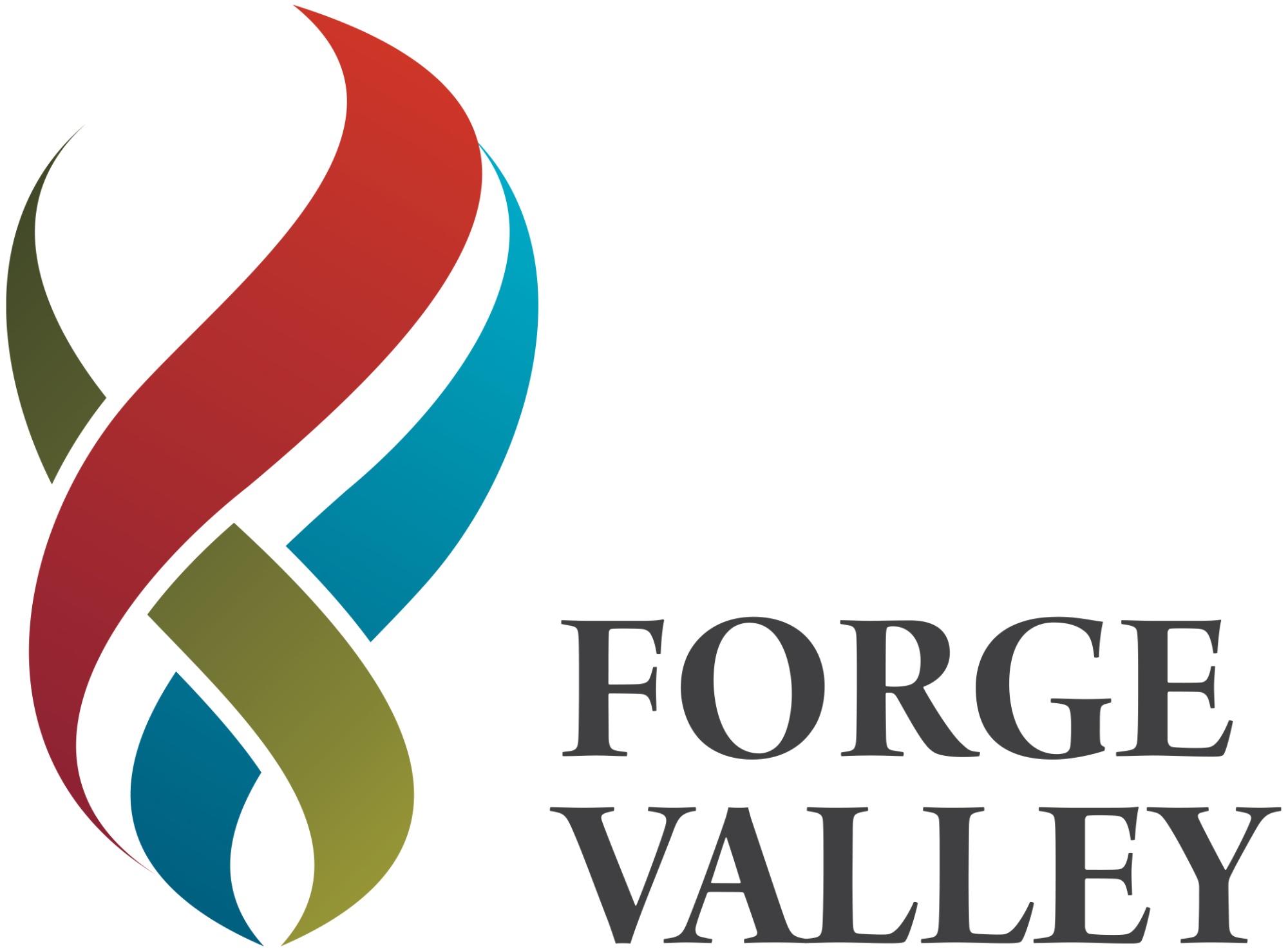Philosophy & Ethics (Religious Studies) (A Level)

Religion, Philosophy and Ethics is an academic discipline which promotes an enquiring, critical and sympathetic approach to the study of ethical and philosophical issues from a religious and non-religious point of view.
The course is both challenging and demanding, enabling students to develop analytical, critical and interpretation skills at a high level. The emphasis is on developing individual reasoned argument rather than a uniform response. This course leads to a qualification in A Level Religious Studies and is appropriate for students of any religious persuasion or none.
Future Opportunities
A Level Religious Studies, and in particular the Philosophy and Ethics options followed at Forge Valley, is a skills-based subject. The emphasis on problem-solving, the rigorous examination of evidence and development of sustained, well-supported arguments required to succeed in this subject makes it a highly respected academic discipline that combines well with both arts and science A Levels.
Furthermore, it is highly regarded by admissions tutors. While it is a perfect choice for students hoping to apply to related degrees in Philosophy, Theology or Religious Studies, it is also particularly useful for students considering careers in medicine, social work, personnel management, education, public relations, the police force, journalism and the legal profession.
Religious Studies is not considered to be a soft option; rather it features on the Russell Universities higher tier of preferred subjects at A Level.
What are the entry requirements?
GCSE Grade 5 in English Language.
While some GCSE Religious Studies topics will be revisited, the strong emphasis on the contribution of scholars means that it is not necessary to have studied Religious Studies at GCSE level. If you have studied it, a 5 is required. An open and enquiring mind is essential.
What will I study?
| Module name | Topics covered |
|---|---|
| Philosophy of religion |
|
| Religion and Ethics |
|
| Developments in religious thought |
|
How will I be assessed?
Assessment is entirely by written examination. At A Level there is one 2 hour paper per unit each comprising 33.3% of the total marks. Students are required to answer three essay questions from a choice of four.
FAQ
What is the average class size?
Up to 15 students.
Are the teachers specialists in the subject area?
All teachers of the subject are qualified Religious Studies teachers with qualifications in the subject.
How successful have previous students been in this subject?
!00% pass rate with many gaining grades A*-B.
What other subjects compliment this course?
There are many links between RS and other subjects - any other Humanities subject compliments due to the focus on people and how they live. RS A Level also compliments subjects such as Politics, Sociology, Psychology and English.
Will studying this subject allow me to go to university?
Yes! Religious Studies A Level is on the 'preferred subjects' list produced by the Russell Group University.
What careers can the subject lead to?
The skills used in Religious Studies GCSE are transferrable to many jobs such as:
teaching, journalism, law, Humanitarian work, social work, politics, clergy, police, armed forces, business administration, Human Resources, various STEM careers.
Do I have to follow a religion?
There is no expectation that students of this course follow a religion, in fact religious beliefs can sometimes hinder pupils in keeping their minds open to different types of philosophical thought.
Do I have to believe in God?
As part of this course we will examine if God is even a possibility and look at many non-religious world views.
Would it work with STEM subjects?
Philosophy and Ethics is a course for anybody who has questions about life, death and beyond. 20% of students admitted to Oxford to study maths in 2012 had RS A Level (NATRE). The topics covered in Philosophy and Ethics are also considered useful by those applying to study medicine at university.
Is it all about God?
Whilst there is of course some mention of God, we often look beyond that! The Philosophy component covers ancient philosophical ideas such as those put forward by Aristotle and Plato; Ethics considers views of theist and atheist Philosophers and Christian studies also covers the way Christians behave in society and interact with those of other faiths.
